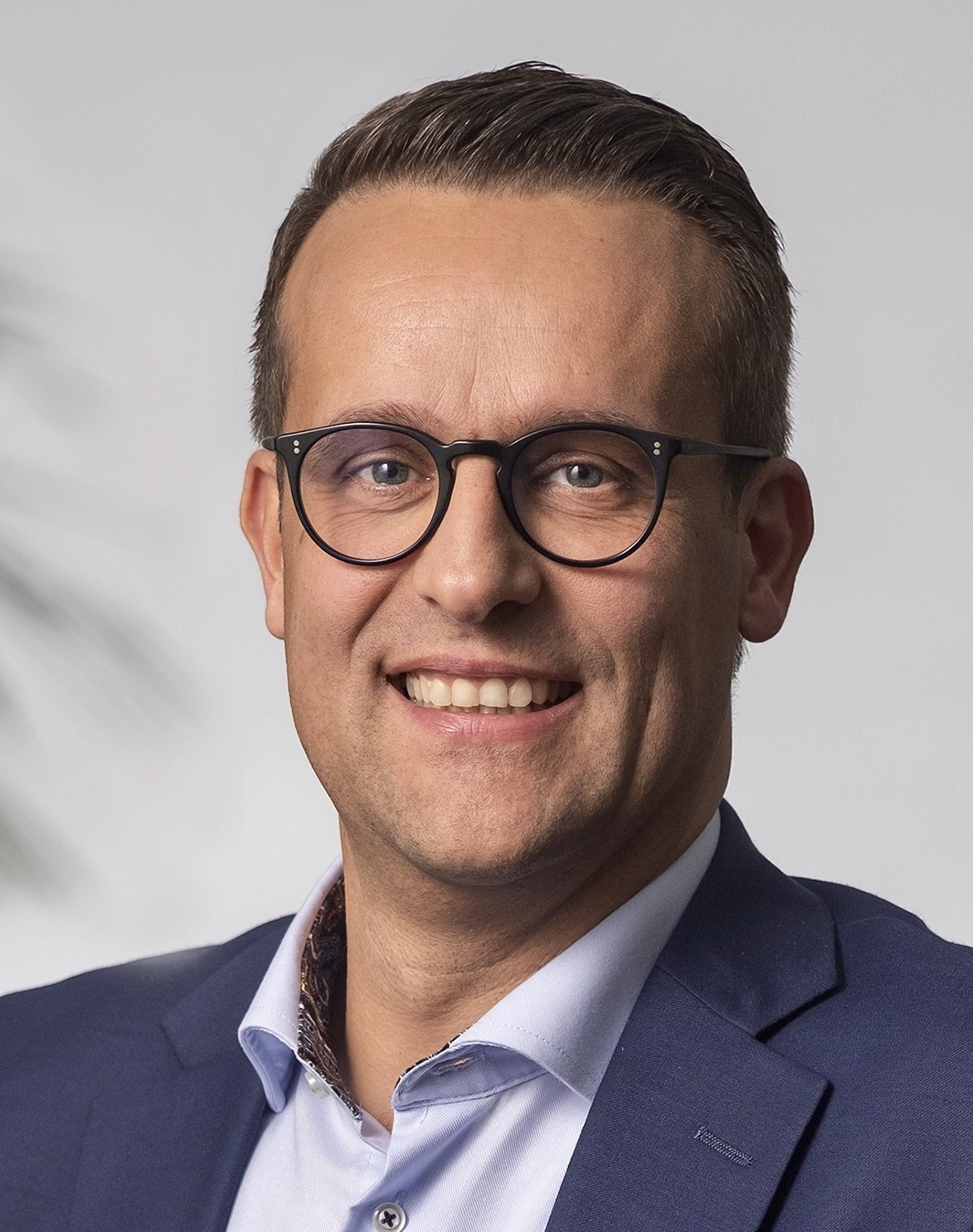It is about individual mobility - the opportunity for individuals to share their knowledge at workplaces in other countries in order to learn new things and develop their skills for a period of time.
The mapping has been carried out by Ramböll. It reports which funding students, doctoral students, teachers, researchers and other staff at Swedish higher education institutions can apply for to travel abroad and study, research or work in another country for a limited time.
In the report, Ramboll states that the opportunities for skills exchange in other countries are still good and give good results. But that there is a need for a number of important changes to make it easier for Swedish participants to continue to be able to apply abroad. For example, through increased compensation levels, shortened length of stay, funding for green travel and the possibility of mixing physical and virtual mobility.
Individual mobility as a tool
Vinnova has for some time seen the need and the positive effects of international mobility. In various investments in individual mobility, funding is offered for individuals to work within an organization in another country. The goal is to develop excellence and broaden knowledge together with colleagues in the same sector elsewhere in the world.
- International mobility is a key factor to ensure Sweden's continued competitiveness and attractiveness as a leading research and innovation country in a changing world, says Rémy Kolessar, responsible for international cooperation at Vinnova.

Rémy Kolessar, director of the International Cooperation department at Vinnova
Important changes for increased mobility
A clear conclusion in the report is that international mobility has a number of positive effects, not only at the individual level but also at the organizational and system level.
But the aftermath of the pandemic, the increased awareness of the environment and climate and global unrest have led to a reduced demand for mobility. To meet that trend, several funders have found solutions to adapt their programme and make them more accessible and flexible.
The report shows that these adaptations need to continue in line with the individual needs that exist.
Various actors who work with mobility also need to strengthen their work in communicating the advantages and opportunities that follow from international mobility.
Plint's report on mapping funding opportunities for international mobility
Compilation of programme 2024-03-01 (excel appendix)


